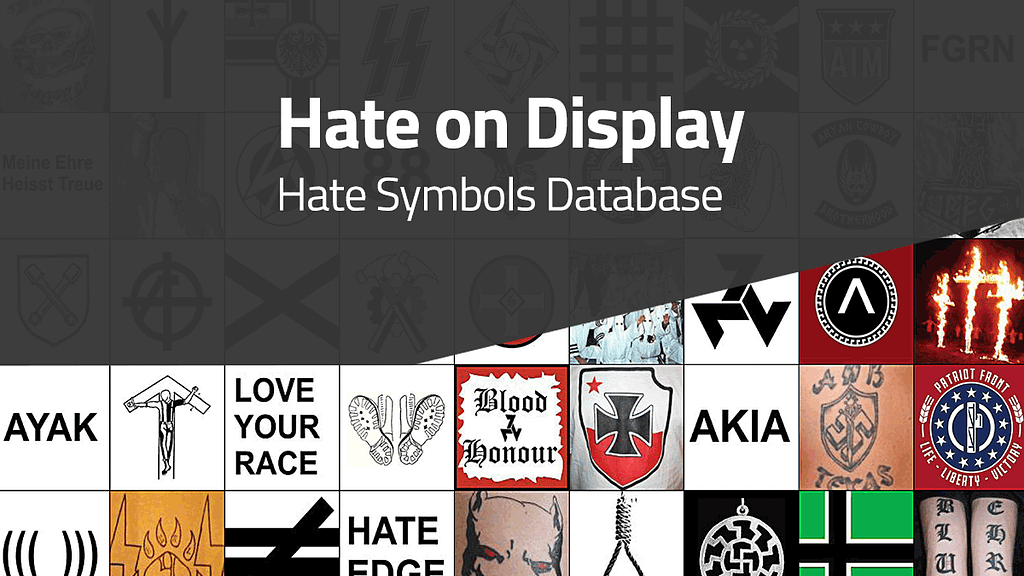Are you looking for tools to fact-check online information or assess the potential manipulation of online posts? These tools might be handy for you.
Please be reminded that, when using these tools, you are solely responsible for their use and that you need to respect their terms of use, as well as regulations applicable to personal data (e.g. GDPR in the European Union).
This list will be updated on a regular basis.
Available:
/Pol/ Politically Incorrect
Explore 4chan’s archive.
Available:

accountananlysis
Check the recent activity (last 500 tweets) of a Twitter account
Available:

Anti-Defamation League: Hate Symbols Database
Available:

attribution.news
The attribution.news project is a joint initiative led by First Draft and the Stanford Internet Observatory.
To date, most of the explanations of attribution methodologies have been found in scholarly literature or professional investigative reports, with little emphasis on how best to communicate these findings to the public. This website aims to provide more accessible background explanations to assist reporters in covering attribution.
Available:

Bellingcat’s Online Investigation Toolkit
Bellingcat has put together a comprehensive list of tools and websites for open-source investigations.
Available:

CIB Detection Tree
EU DisinfoLab is working on a series of guides to help researchers detect the practice often referred to as “Coordination Inauthentic Behavior” (CIB): the coordination of accounts and adoption of techniques to publish, promote, and spread false content.
Available:

Citizen Evidence Lab
An initiative from Amnesty International on how to harness open-source methodologies and information for human rights.
Available:

CrowdTangle plug-in
This plug-in allows you to understand which Facebook pages have shared a website/link on social media as well as the interactions metrics of these shares.
CrowdTangle is also a social network analytics platform only at the disposal of journalists and research organisms.
Available:
Facebook Transparency Ads
Check what political ads were published and who paid for them, with metrics attached (available in limited countries, including USA, the EU, India, and Israel).
Available:

Foreign Interference Attribution Tracker (beta)
The DFRLab’s Foreign Interference Attribution Tracker (FIAT) is an interactive, open-source database that captures allegations of foreign interference relevant to the 2020 election. This tool assesses the credibility, bias, evidence, transparency, and impact of each claim. Explore by scrolling through the timeline and map below. The FIAT dataset contains 84 allegations of foreign interference originating from 18 nations. Stories regarding these claims have received a cumulative 30,014,027 social media shares and engagements. The dataset was last updated on November 03, 2020.
Available:
Google Transparency Ads Database
Check what kind of political advertisements are on Google and YouTube and who paid for them
Available:
Make Adverbs Great Again
Check the temporal activity of a Twitter account.


